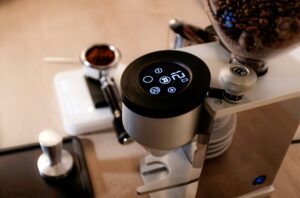Did you ever think you’d see the day when your refrigerator could help you plan your meals? I certainly didn’t, but with the rise of connected home technology and smart appliances, it’s now a reality. You may have heard of smart thermostats or voice-activated assistants, but smart refrigerators are taking things to a whole new level.
These futuristic fridges are equipped with touchscreens, cameras, and Wi-Fi connectivity, allowing users to do everything from creating shopping lists to searching for recipes online. Some models even have the ability to track items inside the fridge and notify you when you’re running low on milk or eggs.
According to a report by Statista, the global smart home market is expected to reach $135 billion by 2025, with smart appliances playing a significant role in driving this growth. Brands like Samsung, LG, and GE are leading the charge in developing innovative products that cater to the tech-savvy consumer’s desire for convenience and efficiency.
But with all this connectivity comes concerns about privacy and security. As with any internet-connected device, smart refrigerators are vulnerable to hacking and data breaches. It’s important for manufacturers to prioritize security measures to protect consumers’ personal information.
Despite these potential drawbacks, the increasing integration of technology into our everyday lives shows no signs of slowing down. As we continue down this path of digital transformation, it’s clear that the kitchen of the future is here to stay.



